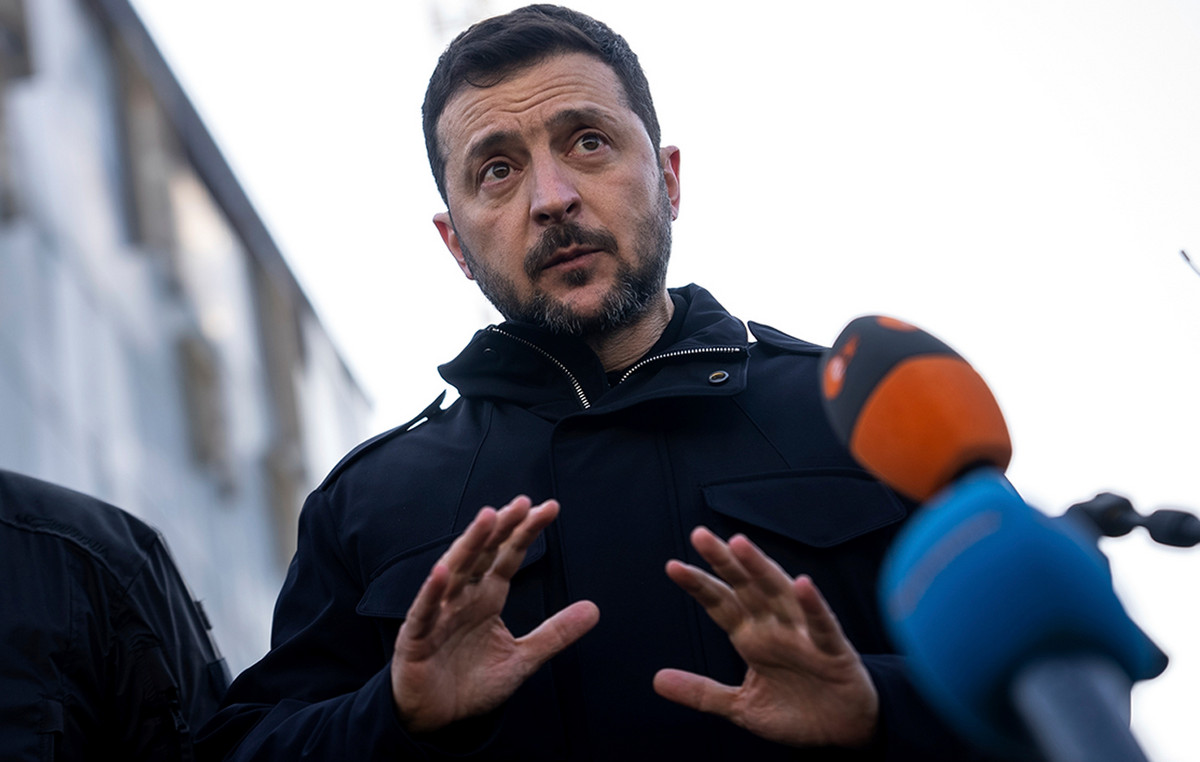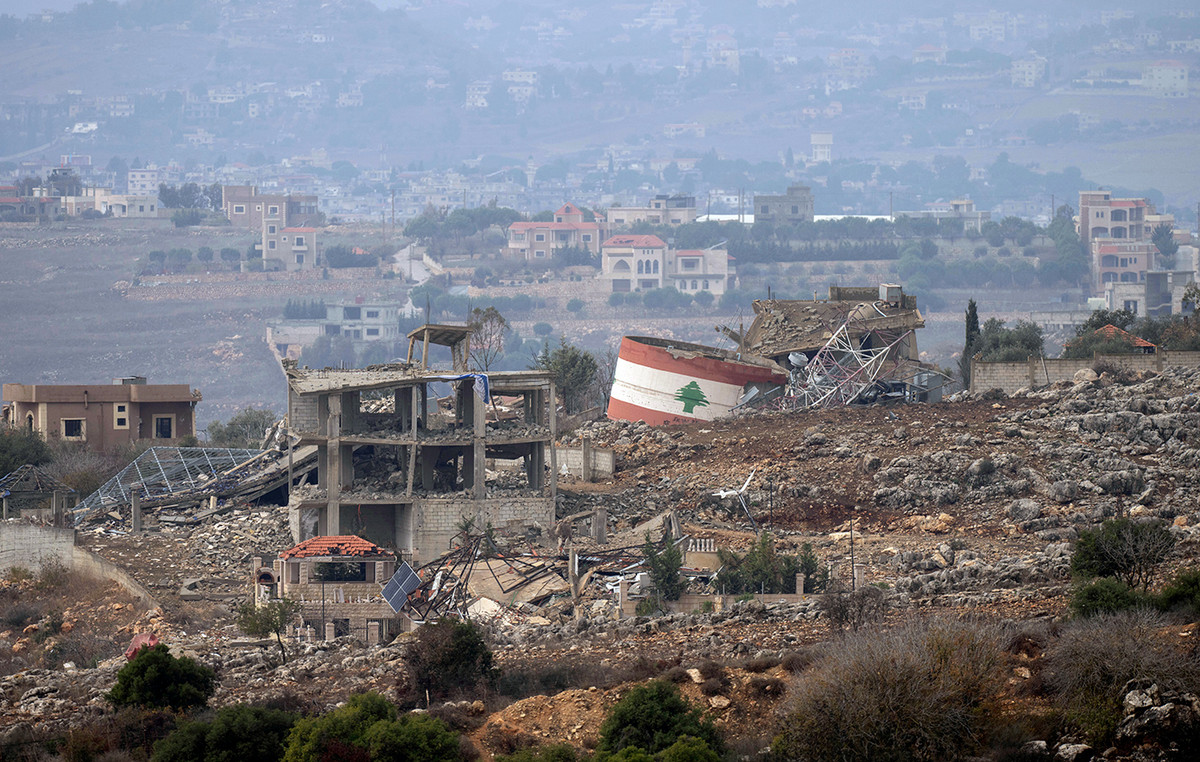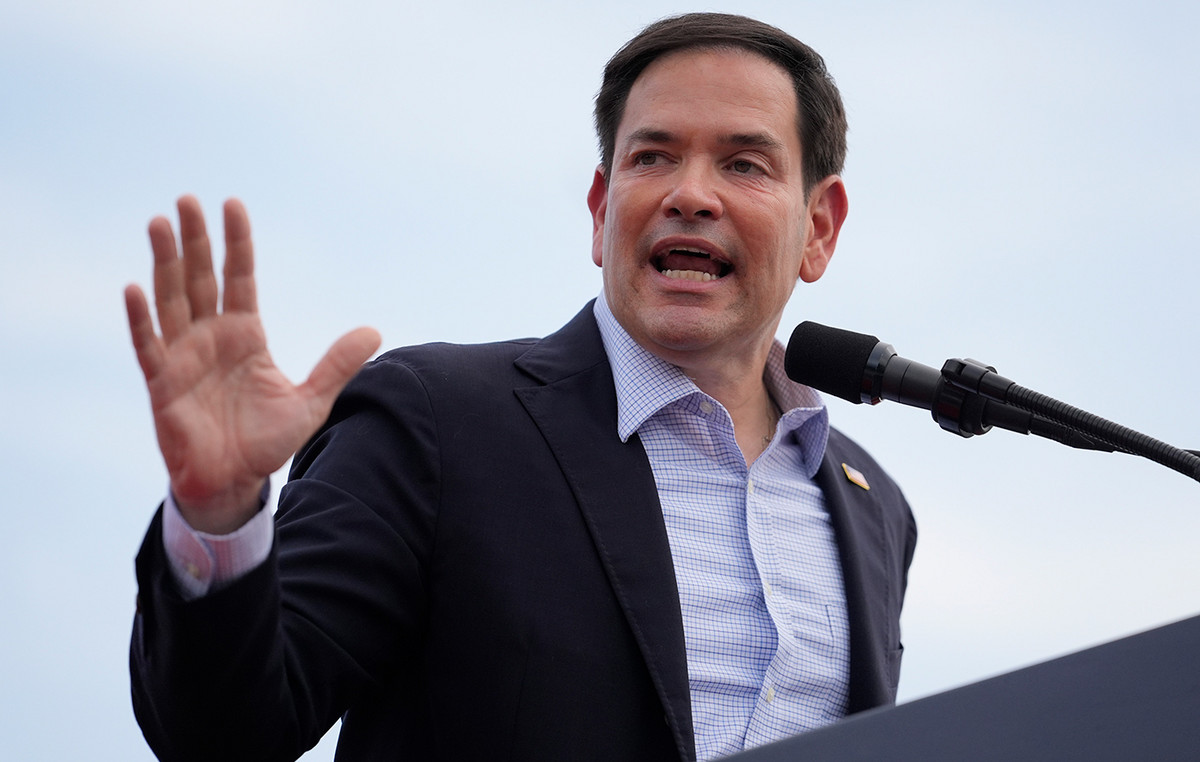Six months have passed since Russian President Vladimir Putin launched his unprovoked invasion of Ukraine, a war that by any conventional measure has been a calamity.
Millions of Ukrainians were displaced. The city of Mariupol was almost erased from the map. And the offensive launched on 24 February showed the moral rottenness within the Russian military and its complete disregard for civilian lives.
By the latest Pentagon calculations, the invasion cost Russia between 70,000 and 80,000 soldiers dead and wounded. Even if that estimate is high, it’s fair to extrapolate that Russia probably saw more troops die in half a year of fighting in Ukraine than the Soviets lost in a decade of war in Afghanistan.
But any comparisons of Putin’s Russia to the Soviet Union’s declining days are premature. Russia has really changed since February 24, but the cracks in the edifice of Putinism are hard to discern. Most Russians – if not openly – supported the war, or silently agreed to its campaign of imperial restoration.
The Kremlin leader’s assessments were not affected by the war. Both the state polling institute WCIOM and the independent agency Levada-Center have routinely put Putin’s approval ratings above 80% since the war began on Feb.
How is Putin maintaining his approval ratings?
It is tempting to conclude that these numbers simply reflect the power of Russia’s state propaganda and its dizzying ability to construct an alternate reality, in which Russian warships are not sunk by Ukrainian missiles and Russian bases are blown up by accident.
After all, the Russian government acted quickly after the invasion to shut down what was left of Russia’s free press, introducing a draconian new law that imposed severe criminal penalties for “false” information that discredited its military.
But that doesn’t mean that no information is being released about Russia’s disastrous losses in Ukraine. The independent Russian news website Mediazona – which was labeled a “foreign agent” last year by Russian authorities – has documented 5,185 military deaths, based on local reports and social media posts.
The country’s relatively affluent middle classes were likely insulated from the price of war. Many of those killed in action are from the poorest parts of Russia; the regions with the highest number of documented victims are the so-called “ethnic republics” of Dagestan and Buryatia, according to Mediazona. On the other hand, casualties in Russia’s two richest and most populous cities – Moscow and St. Petersburg – were relatively low, he said.
Putin’s popularity is sometimes attributed to a climate of fear and conformity. According to OVD-Info, an independent group that tracks arrests in Russia, 16,380 people have been arrested or detained for anti-war activism in Russia and 75 criminal cases have been opened under Russia’s “fake news” law.
Unsurprisingly, Russia’s invasion of Ukraine has revived discussion among scholars over whether or not Putin’s regime should be labeled fascist. This may seem largely a matter of taxonomy, but it points to a clear reality: after February 24, terms like “autocratic” or “authoritarian” are inadequate to describe a state that does not tolerate internal dissent.
Will public opinion change?
That said, some observers wonder how long Putin can count on support from broad segments of the Russian public amid tough international sanctions that have isolated Russia from the global economy and drastically reduced the supply of imports. Western investment has fled across much of the country.
Sectors of the economy such as aviation, which have long depended on aircraft made in the US or Europe, have been hit hard.
As Clare Sebastian of the CNN Putin and his technocrats have worked for years to make the Russian economy sanctions-proof, through import substitution – developing local substitutes for imported goods – and developing a payment system to avoid financial isolation.
And Russia has turned McDonalds and Starbucks’ strange rebranding into tales of economic resilience.
But a recent study by the Chief Executive Leadership Institute at the Yale School of Management paints a more dire picture.
The study’s authors argue that Russia lacks the infrastructure to simply turn energy exports, such as natural gas, to Asia; Russian manufacturers lack parts from international suppliers; and that official Russian statistics are covering up the depth of Russia’s economic setback.
“Despite Putin’s delusions of self-sufficiency and import substitution, Russian domestic production has come to a complete halt with no ability to replace lost business, products and talent,” the report reads. “The emptying of Russia’s domestic innovation and production base has led to rising prices and consumer angst.
Still, Russia’s financial system has not collapsed and consumer anxiety has not translated into political unrest. For Ukraine and its supporters, the conversation has now shifted to finding ways to inflict pain on Russians for their passive support of Putin.
“We are working on new sanctions against Russia and on encouraging the citizens of the terrorist state to feel their share of responsibility for what is happening,” Ukrainian President Volodymyr Zelensky said in a recent speech. “The discussion about visa restrictions in Europe for Russian passport holders is expanding every day, new states and new politicians are joining it.”
It is unclear whether a visa ban would ultimately change Russian behavior. Some European leaders – most notably German Chancellor Olaf Scholz – have been reluctant to endorse the ban. Speaking at a recent press conference in Oslo, Scholz told reporters that leaders need to be “very clear” on the visa ban issue, as the actions in Ukraine are “Putin’s war” and “not the people’s war.” Russian”.
And while Putin may be the “decision maker,” borrowing a term from former President George W. Bush, there is also a collective Putin that supports him and helps him carry out his policies. Whatever the economic consequences of the sanctions, Putin’s loyal oligarchs have not broken ranks.
“Putin’s war with Ukraine has been going on for 6 months now,” Russian opposition leader Alexey Navalny wrote in what he called a “thread of anger” behind bars. “From day one, Western leaders firmly stated that Putin’s oligarchs and bribes would face imminent sanctions and would not escape this time. But they escaped.”
It’s a grim picture and suggests that Putin – who has survived the snubbing of world leaders before – is willing to play a long game here. He may be counting on the fact that, over the next six months, Europeans will pay higher prices for energy, potentially increasing pressure on governments to pressure Ukraine to submit to a peace deal. Winter may be coming, but Ukrainians are also fighting for national survival.
Source: CNN Brasil
I’m James Harper, a highly experienced and accomplished news writer for World Stock Market. I have been writing in the Politics section of the website for over five years, providing readers with up-to-date and insightful information about current events in politics. My work is widely read and respected by many industry professionals as well as laymen.







